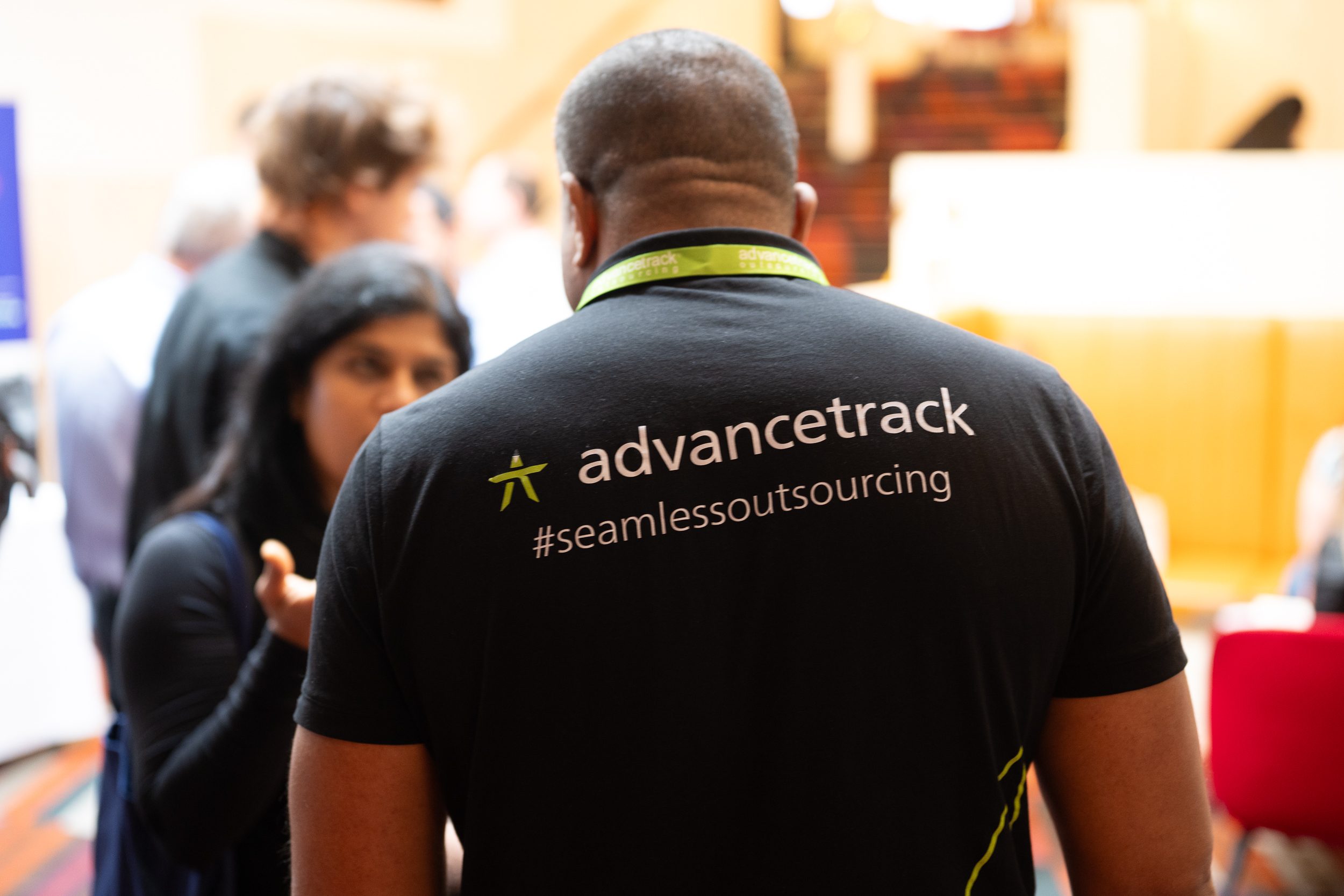
Celebrating 22 years of Advancetrack, Vipul Sheth discusses the journey that he, Advancetrack’s people, and their clients have taken in that time… and what’s ahead.
When we started out as a business, we needed to prove to ourselves what we could do, as much as proving to businesses that what we did worked for them.
But I was grateful that potential clients wanted to talk to us. I raced around the country to hold meetings, and it allowed me to understand what the pain points were and how we as a business needed to operate in order to solve that pain, that problem.
At the time, we wanted to prove there was a business there and we were a good choice of partner. However, in some ways, we were ahead of our time – or at least ahead of what the market understood that it wanted.
Our technology was effectively based on a cloud platform from 2005, and up to Covid, our competitors weren’t in the cloud. That goes back to the meetings I would have – I had to check with potential clients that they had internet and WiFi to be able to show them our systems and how they worked.
The first firms that worked with us agreed to an annual commitment: ‘Over the year, you’ll send x% of total compliance work revenue’. It was enough for us to have an impact in the firm, but as a supplement, without causing wholesale disruption.
It then became a conversation about doing more each year.
We probably started out as an emergency service, but because of my professional background, I knew that, for us to support these practices properly, it has to be a strategic relationship.
For all the top practices, the challenge is they want to retain their best people, and that has to be about professional and career development. There reaches a point where there’s certain type of work they don’t want keep doing; they want to see clients and do more active and stimulating work.
Secondly, the firms want to pay their people well – if they’re doing compliance, then it’s only worth what it’s worth. Therefore, paying people based on what you’re earning, you either won’t pay them enough, or you lose margin.
Thirdly, if you’re not going to have vast swathes of people onshore doing compliance, then you have to use tech and/or outsourcing. If that’s the case, then you have to be very strategic in how and why that resource is used: ‘this is what we’re going to do to make that happen’. Once you’ve chosen your partner, it’s about taking that, getting it working consistently and accelerating its progress.
Our advantage is that we’re a well-trained and ready-to-go resource. Our outsourcing department is like a ‘school of outsourcing’. Offshoring has its negatives, but it’s a resource that is still desirable. However, we’ve pushed it forward to bring through the benefits of outsourcing into the mix to create Podsourcing®.
The firms that perform the best are the ones that use outsourcing. That’s because those on either outsourcing or podsourcing are usually changing their processes to work with us. Without wishing to sound rude, generally it makes them modernise their operations and processes.
Because of our expertise and experience, we are in a position to talk about optimal workflows. Offshoring can be a problem because it can just replicate any issues that a firm has. If you work with us from an outsourcing perspective, then we will make you change your processes and you’ll be a better firm for it. There are many good firms out there that have revisited what they did internally because of how they work with us.
It’s a big part of our conversation! We believe we’ll still be around because of where we’ve been ahead of the game – we evolve as a business and we’ll bring innovation into our world – we were in the cloud 20 years ago, and yet people are at the heart of everything. That will be the case for the best accounting firms and therefore it will be the same for us.
Discover how we've supported accountancy firms for 22 years and book a call to find out how we can help your practice grow.






